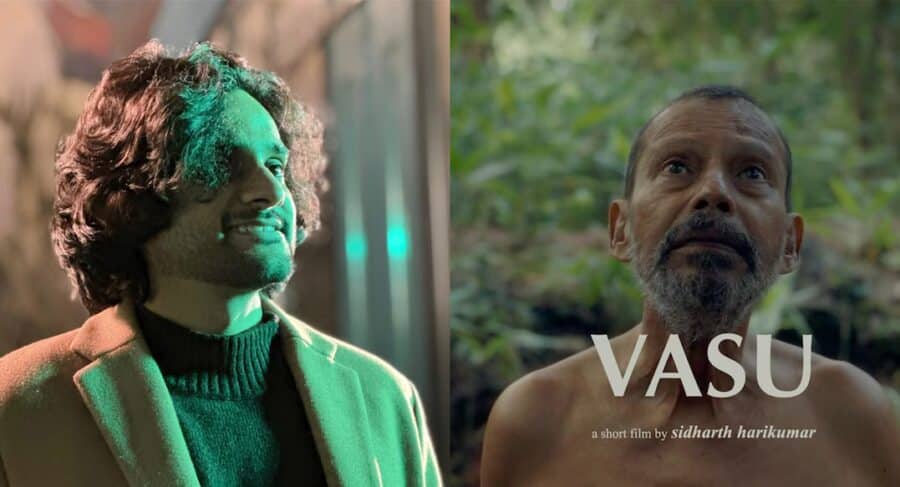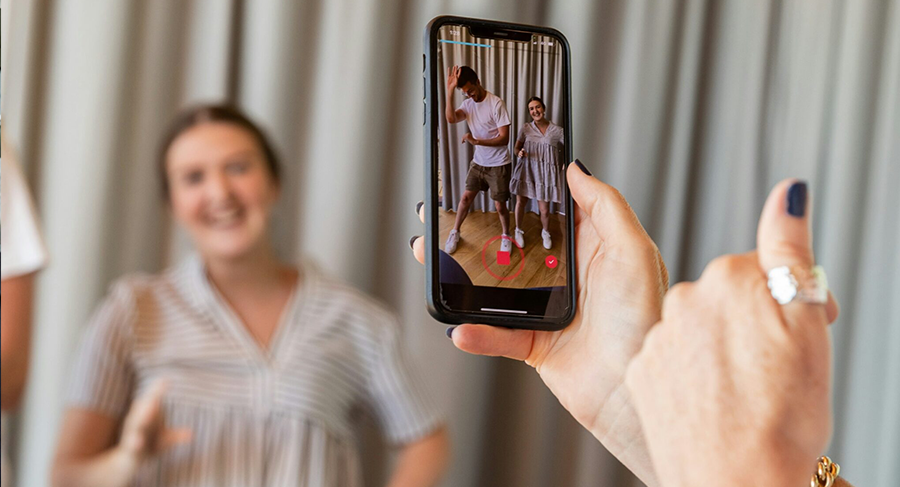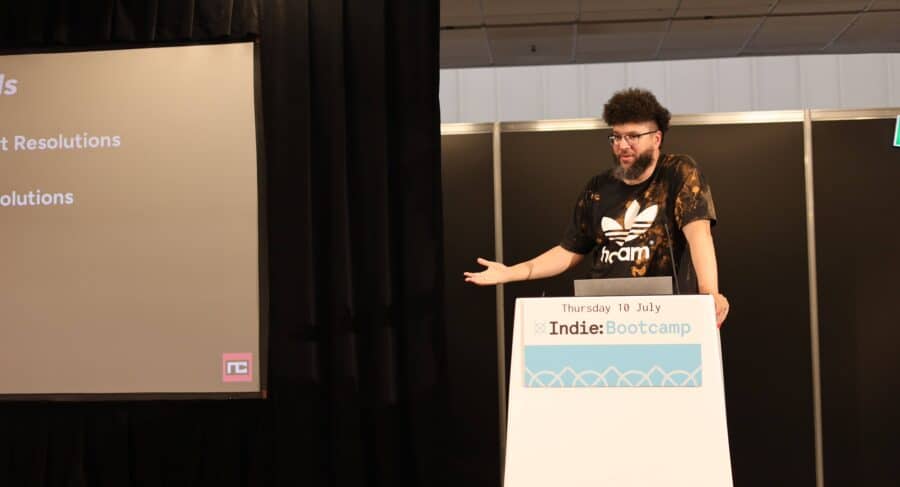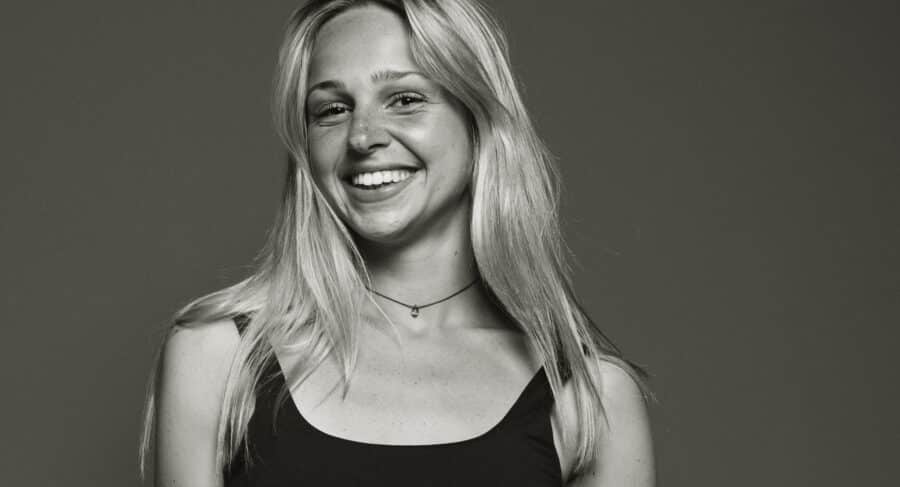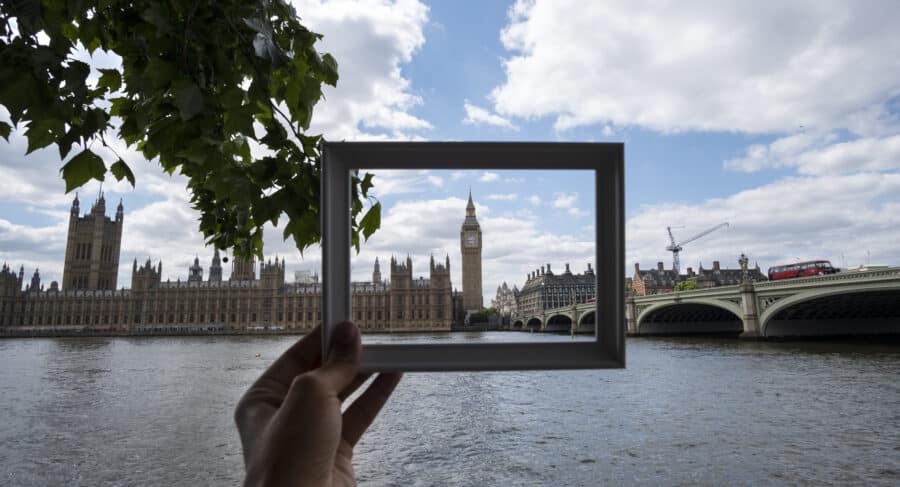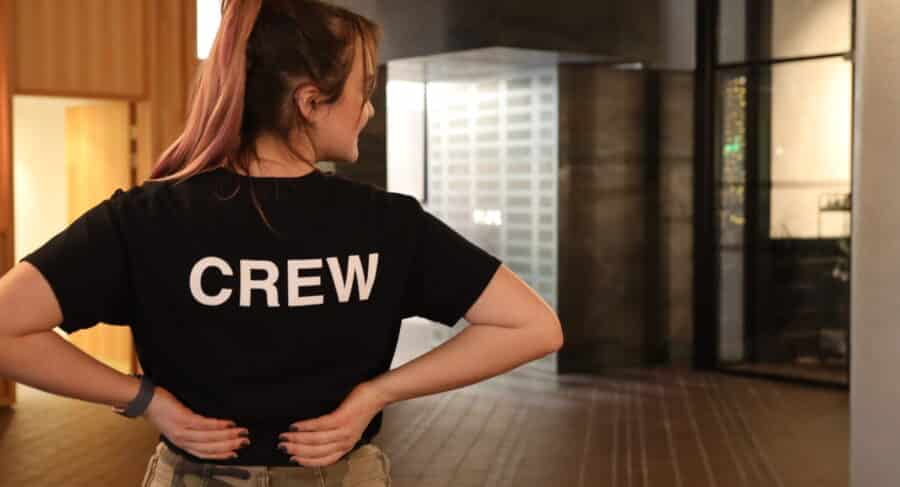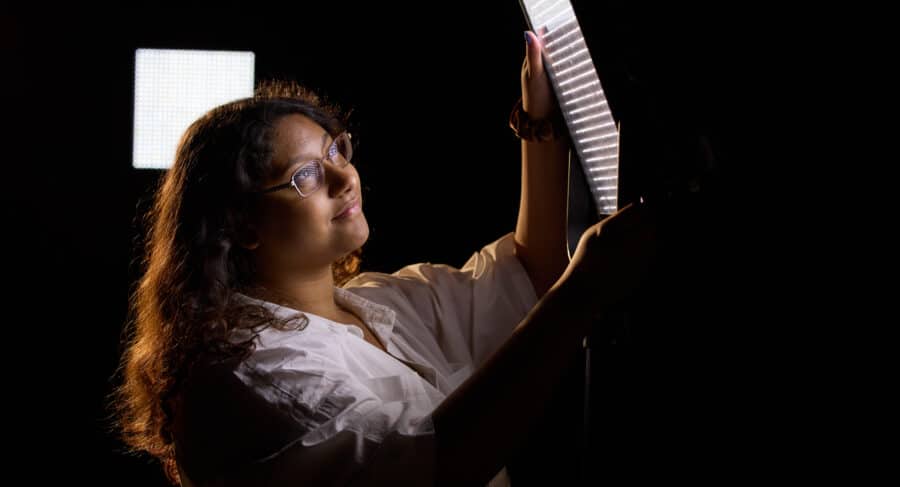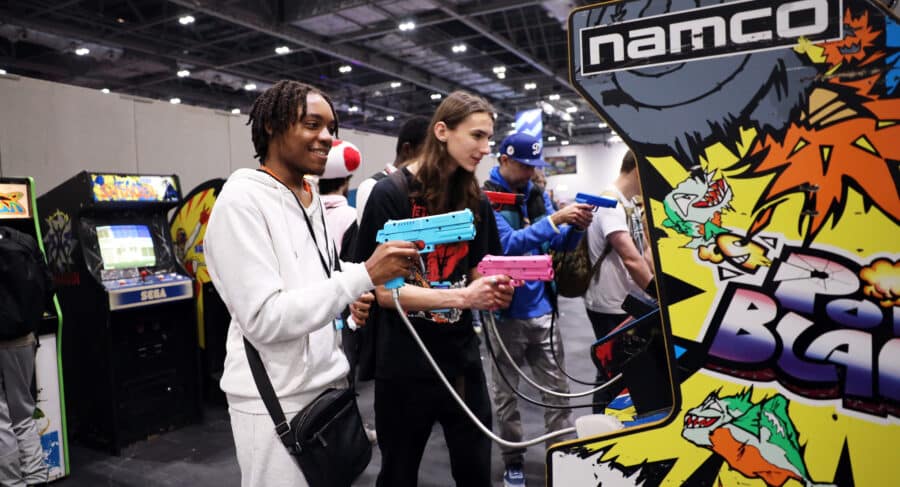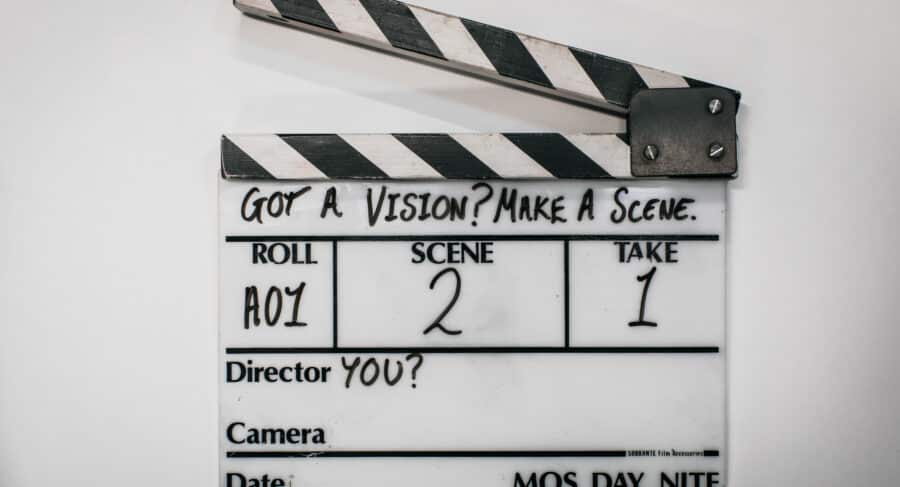Lesley Manville: craft, character, and the changing industry
By MetFilm School
05 August 2025
With a career spanning decades across stage and screen, Lesley Manville has become one of Britain’s most acclaimed and versatile actors. From Mike Leigh’s emotionally intricate improvisations, to starring opposite Daniel Day-Lewis in Phantom Thread, her performances are as fearless as they are nuanced. She’s received various accolades, including two Laurence Olivier Awards, and nominations for an Academy Award, two British Academy Film Awards, four British Academy Television Awards, a Golden Globe Award and a Primetime Emmy Award.
In a recent Masterclass at MetFIlm School London, Lesley reflected on her journey—from training and early jobs, to collaborating with auteurs, tackling complex roles, and her thoughts on today’s acting industry.
How did your early training shape your path as an actor?
I think it developed much later, really. I didn’t come from a theatrical family, so nobody quite knew how to help me. But I’d trained as a classical singer, and I had this strong voice, I thought maybe I’d do musicals. I was 15, so none of it was overly considered. My dad was brilliant; he applied for a grant from Brighton & Hove Council, and I got a 100% grant to go to Italia Conti. They even paid for my train fare to London. That was the start.
And did you find acting straight away at Italia Conti?
Not straight away. I continued singing, and learned to dance under the brilliant choreographer Arlene Phillips, who was teaching there at the time. Acting came through Julia Carey, who I’m still friends with now. She and Arlene became my agents, got me my first job, and that was it. For the first six years, I took every job going—pantos, kids’ TV presenting, the odd bit of telly. My first job was a musical in the West End, directed by John Schlesinger. But honestly, I had no concept of what kind of performer I wanted to be.
What changed that?
Meeting Mike Leigh at 22. That was a huge shift. He made me realise I could play people who weren’t lovely, and I loved it. I loved sounding different, looking different. His process—long rehearsal and improvisation periods—was incredibly liberating. You don’t just improvise on camera; you work for months, building a character from the ground up. Then, slowly, it becomes a script.
How much of your input actually ends up in those scripts?
All of it. Everything I’ve ever said in a Mike Leigh film or play has come from me. But he constructs it. He’ll take a two-hour improvisation and reduce it into a 10-minute scene. It’s beautifully finessed.
Jumping ahead, how did that compare to working with Paul Thomas Anderson on Phantom Thread?
Very different. Paul has a full script, no improvisation like with Mike. But he also writes without stage directions; it’s just dialogue. He’s one of the nicest human beings you could meet—not remotely Hollywood. We had months of costume fittings and design discussions, and then he left us alone until the shoot began. Once the cameras rolled, he was right there, reacting, adjusting, playing. That’s when the fun starts.
How was it acting opposite Daniel Day-Lewis?
Great. He’s like any actor in that he has his own process, and I respect that. He works in the way he needs to work, and it works for him. He’s extraordinary.
Do any characters stay with you after a performance?
I’m actually very good at letting go. I don’t take characters home with me, it’s healthier that way. But there are ones that mean a lot. Often it’s the ones who’ve suffered, because you’re carrying another person’s pain. Still, acting isn’t always worth over-analysing. Sometimes things just happen, and that’s just good acting.
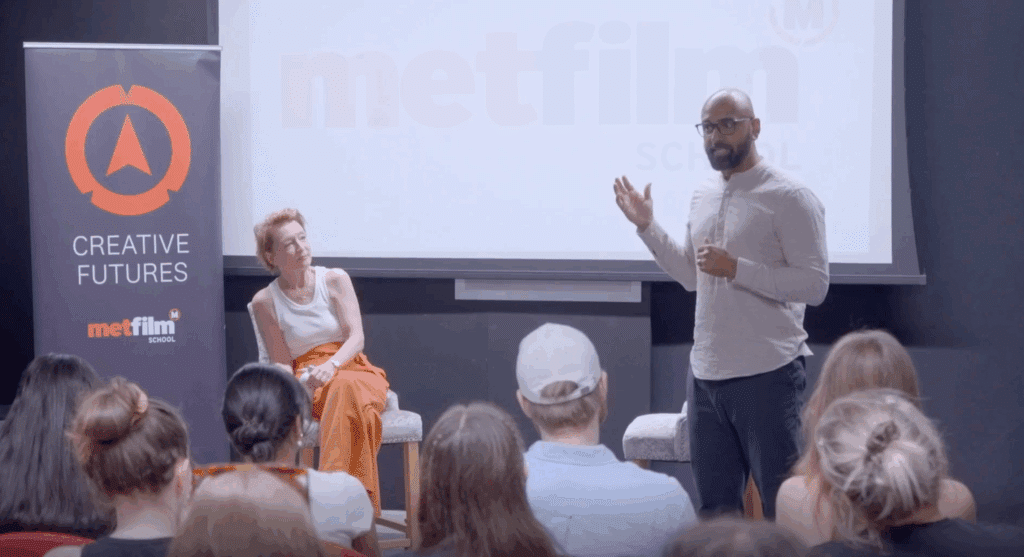
You mentioned learning lines, what’s your process?
Very solitary. I don’t like running lines with people. I’ll dip in and out, learn a bit, make a sandwich, do a wash. That suits me. And I always try to learn everything before rehearsals. That way, I can really play in the room rather than worrying about remembering lines.
Has your relationship with the camera evolved over time?
Definitely. Helen Mirren once told me she was only just starting to enjoy flirting with the camera. It’s a complicated relationship, you have to forget it’s there, but also serve it. After working with great DOPs like Dick Pope, I started really listening to how the camera could serve character as well as story. It’s fascinating.
You’ve been critical of self-tape auditions, can you explain why?
They’re awful for young actors. You’re asked to film yourself with no direction, often without even reading the script. How can you show who you are without being in the room? There’s no energy, no exchange. And worse, sometimes actors just never hear back. It’s disrespectful. Just be nice to people. It’s hard enough.
Masterclasses at MetFilm School: industry access, up close
At MetFilm School, masterclasses are far more than guest lectures. They are dynamic, interactive events that offer students the rare opportunity to learn directly from the professionals shaping today’s screen industries. Whether in the form of Q&As, practical sessions, panels or screenings, these sessions deliver real insight into the creative processes, career journeys, and behind-the-scenes realities of working in film, television, games, and digital content.
Masterclasses are held across all six of our campuses – London, Berlin, Leeds, Brighton, Manchester and Birmingham – and are a cornerstone of our industry-focused approach to education. Across undergraduate and postgraduate programmes, students regularly attend these events as part of their curriculum, with additional sessions open to the wider School community.
Apply now through Clearing
Clearing is open. It’s not too late to start your creative journey with us this year. Whatever you’re looking to study, our Admissions Team is here to help you explore your options and find the right BA course for you.
Call us on 01273 096406 or email: admissions@metfilm.ac.uk
Lines are open Monday–Friday, 9am–5:30pm. Get in touch today and take the next step toward a career in the screen industries.


